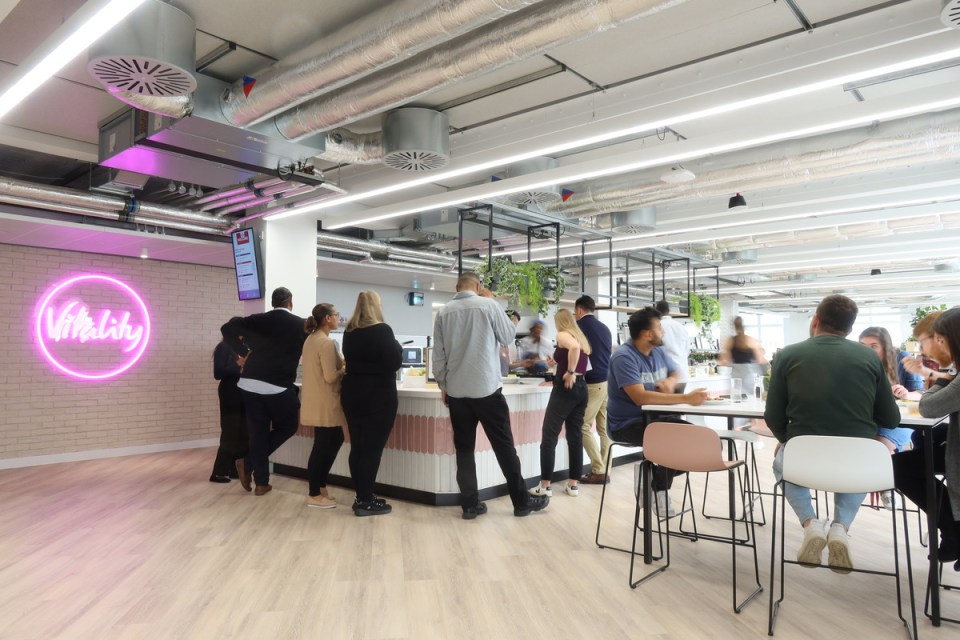‘Once you legislate, people will rebel’: Why a vibes-based WFH policy is working for Vitality

The debate-stirring issue of working from home (WFH) has never been far from the headlines so far in 2025.
The likes of FTSE 100 giant WPP, Lord Alan Sugar and London Mayor Sir Sadiq Khan have all made waves with where they stand on the topic.
Now Neville Koopowitz, the chief executive of health and life insurance giant Vitality, has revealed why his company’s hybrid policy makes him “relaxed” and is “working exceptionally well”.
Speaking as part of the latest episode of City AM’s Boardroom Uncovered interview series, the South African has revealed the role data has played on crafting the firm’s WFH policy and how employees feeling “the vibes” in the office has actually made staff come in more.
However, Koopowitz added that he does think that young people should be present in the office more to help develop their professional development early in their career.
The Boardroom Uncovered episode with Vitality’s CEO is due to be published next week.
All previous episodes can be viewed here.
The interview also comes as Vitality announced plans to offer discounted weight loss treatments in a UK first.
The group, which is UK’s third-largest health insurer behind Bupa and Axa, is to offer discounts of up to 20 per cent for medications such as Wegovy and Mounjaro to its 1.9 million members.
The offer is to be based on their body mass index (BMI) and weight-related health conditions, Vitality said.

‘It’s not about the hours that you actually spend in the office’
Speaking to Boardroom Uncovered, Koopowitz said: “We’ve adopted a hybrid working model that has actually turned out to be brilliant for us as an organisation – with two days compulsory in the office.
“Interestingly enough, the attendance in those two days is about 97, 98 per cent.
“People actually understand the reason why they’ve got to come into the office.
“We’ve been very deliberate about the way that we actually have structured it.
“We’ve got a lot of mechanisms and tools that can actually measure productivity.
“That was one of the positive things that came out of Covid is we were forced in a very short space of time to make sure that the technology was in place and it improved over the period of time.
“So from our perspective, I think it’s working exceptionally well, especially with young families, people with young kids, the ability for them to actually have the ability to do things beyond work and not compromise on their work, I think is very important.

“It’s not about the hours that you actually spend in the office. It’s the output of the work. And I think a lot also depends on the culture of the organisation.
“I do, however, worry that young people coming in from a career perspective need to actually engage more in a face to face environment. And we are actually starting to see that.
免责声明:投资有风险,本文并非投资建议,以上内容不应被视为任何金融产品的购买或出售要约、建议或邀请,作者或其他用户的任何相关讨论、评论或帖子也不应被视为此类内容。本文仅供一般参考,不考虑您的个人投资目标、财务状况或需求。TTM对信息的准确性和完整性不承担任何责任或保证,投资者应自行研究并在投资前寻求专业建议。
热议股票
- 1
- 2
- 3
- 4
- 5
- 6
- 7
- 8
- 9
- 10